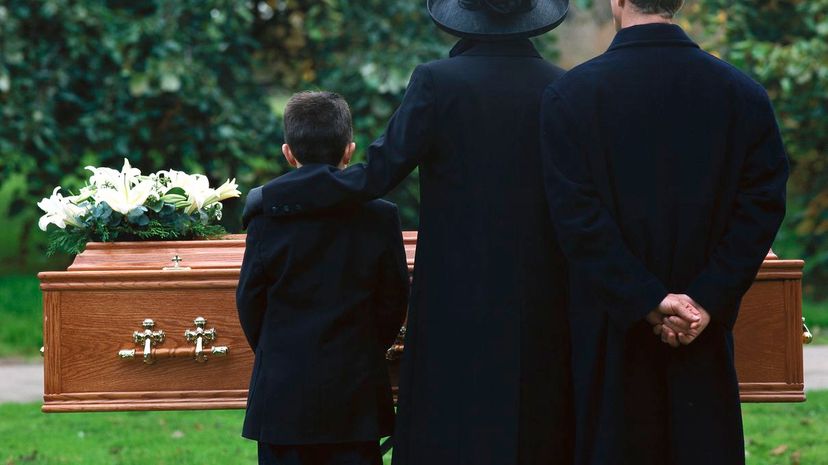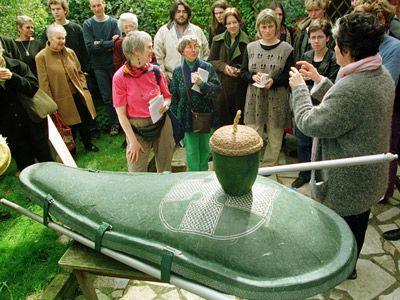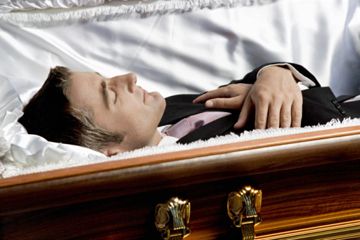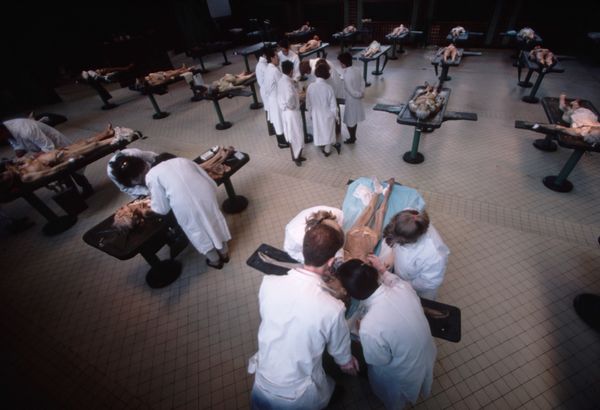After your loved one passes away, the next of kin has the legal right and responsibility to handle all of the funeral arrangements. However, there are 10 states in which a funeral director must be hired in order to file the death certificate or, in some cases, remove the body from the hospital. The most restrictive rules are in New York and Louisiana, where a licensed funeral director must oversee just about anything concerning the body or the funeral itself. See this handy guide from the National Home Funeral Alliance for your state's requirements.
In most cases, the family has the right to care for the body at home. If the burial is performed within 24 hours of death, you can skip any requirements for refrigeration or embalming. After 24 hours, some states insist on a method of preservation, particularly if the person died of an infectious disease. Again, see the link above for more information.
If you don't hire a funeral director, it's the family's responsibility to fill out and file the death certificate. The doctors or hospice staff will handle the medical portion, but you need to fill in a few personal details. The trickier part can be filing the certificate, which usually happens at a county clerk or registrar's office. If it's a Saturday or a holiday or simply after five o'clock, you'll have to wait. (Funeral directors can file electronically, 24/7.)
The good news, says Webster, is that "there are no funeral police. No one's going to come after you if you miss by a few hours. It's just a formality that has to be taken care of."



